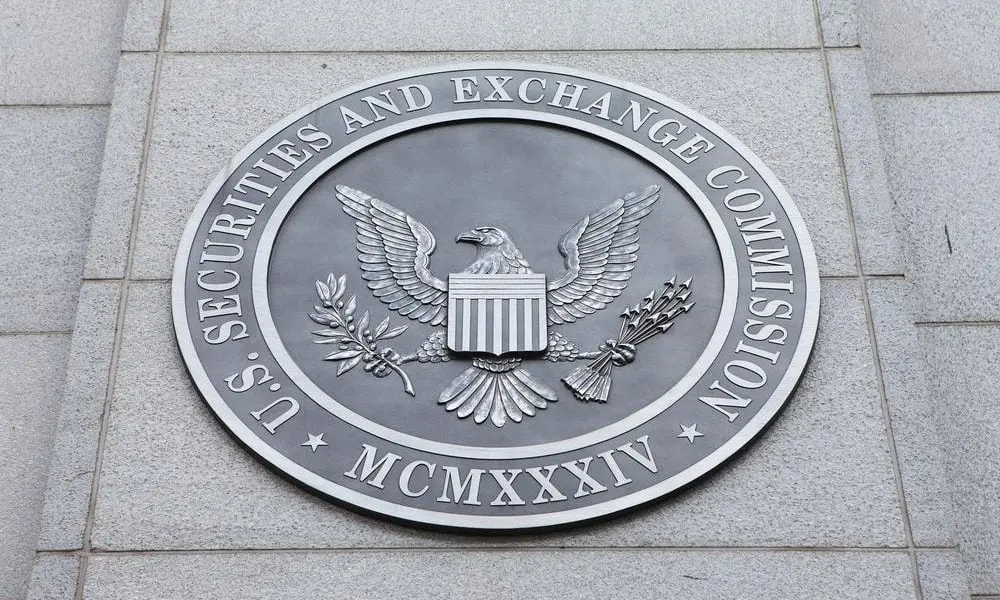- NEW YORK, March 31- US Federal judge dismissed a lawsuit filed in 2018 against the world’s biggest cryptocurrency exchange by trading volume, Binance.
- Binance was accused of violating the U.S. Securities Act and not being registered as an exchange in America.
A federal judge dismissed a lawsuit against the largest cryptocurrency exchange by trading volume. Binance was accused of violating the Securities Act (selling crypto-tokens not registered with the U.S. Securities and Exchange Commission) and of refusing to register as a broker or exchange in the United States.
The complaint, originally filed in the U.S. District Court for the Southern District of New York, was filed by a group of investors who claim to have invested in EOS, BNT, SNT, QSP, KNC, TRX, FUN, ICX, OMG, LEND, ELF and CVC tokens around 2017 and 2018. An amended complaint was later filed listing only nine tokens, and BNT, SMT, and CVC were removed.
Investors claimed that the tokens had lost most of their value since purchase, and demanded compensation for the price paid for the tokens and the fees paid by Binance in their purchases. The lawsuit says;
Binance and issuers have improperly engaged in millions of transactions, including the collection, offering and sale of securities, without registering tokens as securities and without registering Binance with the SEC as an exchange or broker-dealer. As a result, investors were not informed of the significant risks inherent in these investments, as required by federal and state securities laws,
The investors also argued that Binance had benefited from the enthusiasm generated by cryptocurrency marketing tokens and initial coin offerings (ICOs) on behalf of the projects and profited from related trading fees, and added that they “purchased the tokens with a reasonable expectation of profit from owning them.”
In his decision Thursday, March 31, Judge Andrew L. Carter said that because the investors waited more than a year to file a complaint after purchasing the tokens, they sued too late. Most of the tokens were purchased in 2018, and the first filing was not made until April 2020.
Judge Carter also said that domestic securities laws do not apply to Binance because it is not a local exchange in the U.S., headquartered in the Cayman Islands. Binance uses Amazon Web Services to host its infrastructure, which is based in the United States, but that is not enough to treat Binance as a local exchange. Carter noted in the petition;
Plaintiffs must plead not only that they purchased the tokens while in the US and that all or part of the ownership has transferred to servers located in California that host the Binance website,
This is not the only class-action lawsuit filed against a cryptocurrency exchange on such grounds. On March 11, a lawsuit was filed in the same court against Coinbase, alleging that it is acting as an unregistered securities exchange. Similar arguments are directed against Coinbase: the plaintiffs claim they were not warned about the risks of investing in cryptocurrencies.
Also Read: Coinbase comes under SEC fire as Gensler claims the exchange has securities listed as tokens


